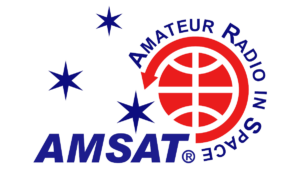The University of Maine Wireless Sensing Laboratory (WiSe-Net Lab) and AMSAT have signed an agreement to collaborate on building and operating MESAT1, Maine’s first small satellite, to be launched in space in the next three years.
MESAT1 is Maine’s first CubeSat — one of 18 small research satellites selected by NASA to carry auxiliary payloads into space between 2021–23. It is part of NASA’s CubeSat Launch Initiative that provides opportunities for nanosatellite science and technology payloads built by universities, schools and nonprofit organizations to ride share on space launches.
UMaine’s WiSe-Net Lab, established in 2005, is involved in aerospace and space research. The lab was founded by Ali Abedi, KB1VJV, assistant vice president for research and director of the Center for Undergraduate Research. Lab researchers have developed the first wireless sensor network for NASA’s lunar habitation project and launched wireless leak-detection to the International Space station.
The MESAT1 initiative will enable K–12 students and teachers in Maine to access space data for educational and research purposes, and encourage students to pursue STEM careers.
AMSAT will provide a Linear Transponder Module (LTM) along with integration and operational support for MESAT1. AMSAT’s LTM incorporates a VHF/UHF telemetry beacon, command receiver, and linear transponder. It will be available for radio amateurs worldwide to use when the satellite is commissioned.
AMSAT President Clayton Coleman, W5PFG, celebrated the announcement. “This is a great day for AMSAT and UMaine’s Wise-Net Lab. This partnership is a true win-win for both education and the amateur radio community. The collaborative effort under AMSAT’s engineering and operations teams has once again succeeded to bring another opportunity to AMSAT.”

